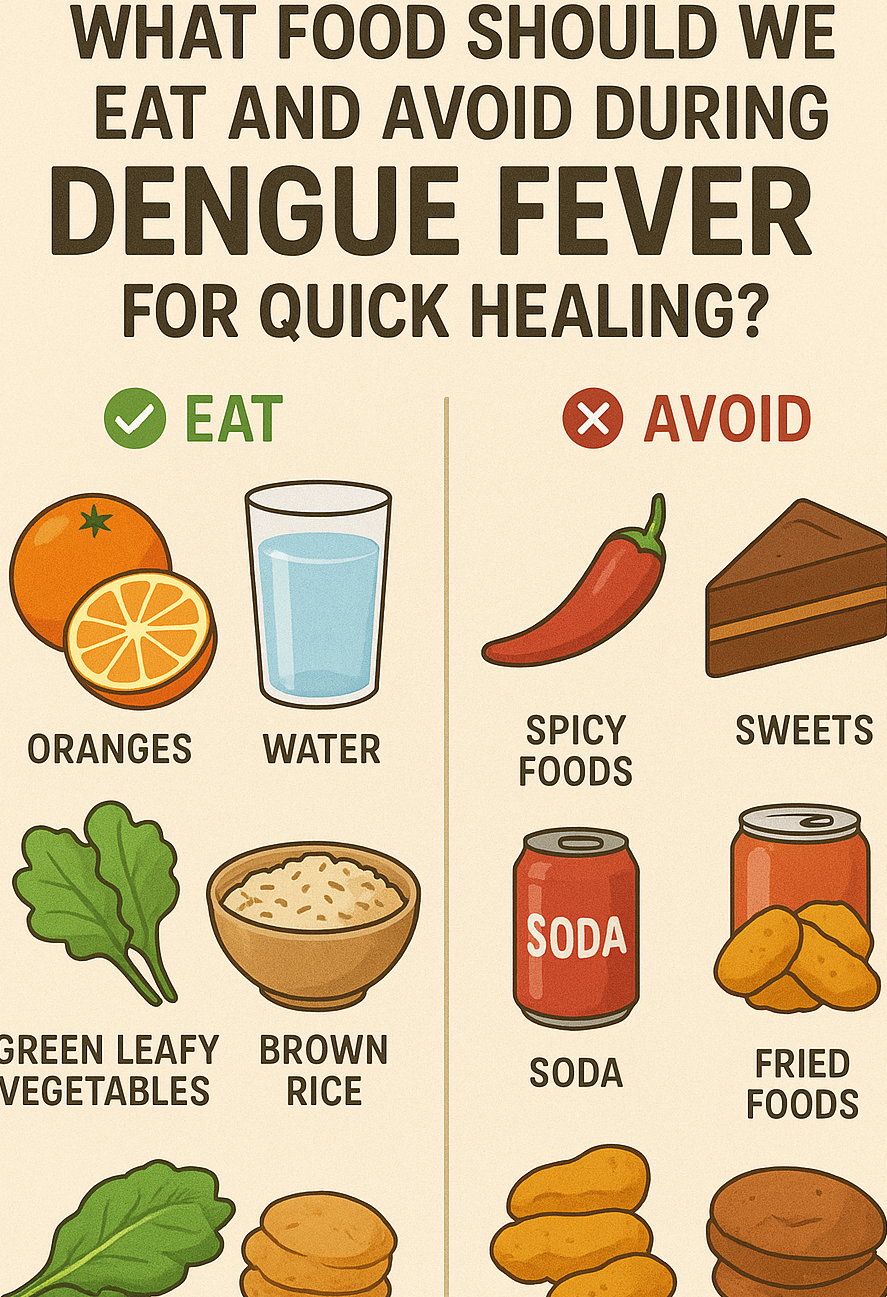
- By aj 30-Aug-2022
- 1822
Physical health
A person who has good physical health is likely to have bodily functions and processes working at their peak.
This is not only due not only to an absence of disease. Regular exercise, balanced nutrition, and adequate rest all contribute to good health. People receive medical treatment to maintain the balance, when necessary.
Physical well-being involves pursuing a healthful lifestyle to decrease the risk of disease. Maintaining physical fitness, for example, can protect and develop the endurance of a person’s breathing and heart function, muscular strength, flexibility, and body composition.
Looking after physical health and well-being also involves reducing the risk of an injury or health issue, such as:
- minimizing hazards in the workplace
- using contraception when having sex
- practicing effective hygiene
- avoiding the use of tobacco, alcohol, or illegal drugs
- taking the recommended vaccines for a specific condition or country when traveling
Good physical health can work in tandem with mental health to improve a person’s overall quality of life.
For example, mental illness, such as depression, may increase the risk of drug use disorders, according to a 2008 studyTrusted Source. This can go on to adversely affect physical health.
Mental health
According to the U.S. Department of Health & Human Services,Trusted Source mental health refers to a person’s emotional, social, and psychological well-being. Mental health is as important as physical health as part of a full, active lifestyle.
It is harder to define mental health than physical health because many psychological diagnoses depend on an individual’s perception of their experience.
With improvements in testing, however, doctors are now able to identify some physical signs of some types of mental illness in CT scans and genetic tests.
Good mental health is not only categorized by the absence of depression, anxiety, or another disorder. It also depends on a person’s ability to:
- enjoy life
- bounce back after difficult experiences and adapt to adversity
- balance different elements of life, such as family and finances
- feel safe and secure
- achieve their full potential
Physical and mental health have strong connections. For example, if a chronic illness affects a person’s ability to complete their regular tasks, it may lead to depression and stress. These feelings could be due to financial problems or mobility issues.
A mental illness, such as depression or anorexia, can affect body weight and overall function.
It is important to approach “health” as a whole, rather than as a series of separate factors. All types of health are linked, and people should aim for overall well-being and balance as the keys to good health.
Find out how mental health can affect physical health here.
Good health depends on a wide range of factors.
Genetic factors
A person is born with a variety of genes. In some people, an unusual genetic pattern or change can lead to a less-than-optimum level of health. People may inherit genes from their parents that increase their risk for certain health conditions.
Environmental factors
Environmental factors play a role in health. Sometimes, the environment alone is enough to impact health. Other times, an environmental trigger can cause illness in a person who has an increased genetic risk of a particular disease.
Access to healthcare plays a role, but the WHO suggest that the following factors may have a more significant impact on health than this:
- where a person lives
- the state of the surrounding environment
- genetics
- their income
- their level of education
- employment status
It is possible to categorize these as follows:
- The social and economic environment: This may include the financial status of a family or community, as well as the social culture and quality of relationships.
- The physical environment: This includes which germs exist in an area, as well as pollution levels.
- A person’s characteristics and behaviors: A person’s genetic makeup and lifestyle choices can affect their overall health.
According to some studies, the higher a person’s socioeconomic status (SES), the more likelyTrusted Source they are to enjoy good health, have a good education, get a well-paid job, and afford good healthcare in times of illness or injury.
They also maintain that people with low socioeconomic status are more likely to experience stress due to daily living, such as financial difficulties, marital disruption, and unemployment.
Social factors may also impact on the risk of poor health for people with lower SES, such as marginalization and discrimination.
A low SES often means reduced access to healthcare. A 2018 study in Frontiers in PharmacologyTrusted Source indicated that people in developed countries with universal healthcare services have longer life expectancies than those in developed countries without universal healthcare.
Cultural issues can affect health. The traditions and customs of a society and a family’s response to them can have a good or bad impact on health.
According to the Seven Countries Study, researchers studied people in select European countries and found that those who ate a healthful diet had a lower 20-year death rate.
The study indicated that people who ate a healthful diet are more likely to consume high levels of fruits, vegetables, and olives than people who regularly consume fast food.
The study also found that people who followed the Mediterranean diet had a lower 10-year all-cause mortality rate. According to the International Journal of Environmental Research and Public HealthTrusted Source, this diet can help protect a person’s heart and reduce the risk of several diseases, including type 2 diabetes, cancer, and diseases that cause the brain and nerves to break down.
How a person manages stress will also affect their health. According to the National Institute of Mental HealthTrusted Source, people who smoke tobacco, drink alcohol, or take illicit drugs to manage stressful situations are more likely to develop health problems than those who manage stress through a healthful diet, relaxation techniques, and exercise.









